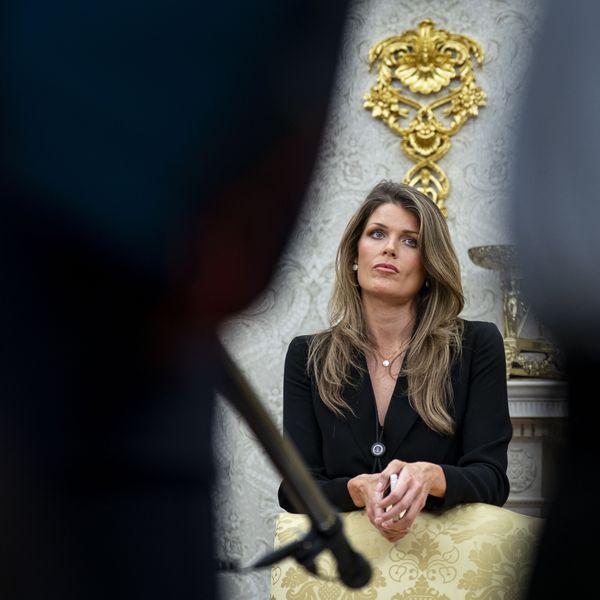The increasingly shrill war cries against Iran bear eerie resemblance to the propaganda war that preceded the 2003 U.S. invasion and occupation of Iraq.
Mahmoud Ahmadinejad is being demonized, as was Saddam Hussein (an easy task in both cases). Iran is being watched by satellites and spies, as was Iraq. Maps, photos and other pieces of intelligence are being leaked to raise the spectre of weapons of mass destruction, as was done with Iraq.
The moderating voice of Mohamed ElBaradei of the International Atomic Energy Agency is being mocked, as were the warnings of Hans Blix.
But this time, the warmongers are not likely to get their wish. Barack Obama is not George W. Bush. Iran is not Iraq. 2009 is not 2003.
That leaves Israel to unilaterally attack Iran's nuclear facilities, just as it bombed an Iraqi reactor in 1981. But Israel is not getting the American nod.
That leaves Israel to defy the U.S. If it did, the price would be high, not just in Israel-U.S. relations but also regional stability and indeed the global economy.
So, amid all the anti-Iran propaganda (which our media are dutifully repeating, as they did on Iraq), let's remember the following:
* The National Intelligence Estimate, a consensus of all U.S. spy agencies, is holding fast to its 2007 view that Iran abandoned its nuclear weapons program in 2003.
Israel doesn't buy that. Britain and Germany think Iran resumed its program in 2004. But the most neutral source, the IAEA, said as late as Tuesday that there is "no credible evidence" that Iran is making nuclear weapons, period.
* ElBaradei did say that Iran was "on the wrong side of the law" in not reporting a nuclear facility near Qom, the existence of which was recently revealed by the U.S., U.K. and France. (They've known about it for two years but chose to reveal it now, just in time for last Thursday's meeting with Iran in Geneva. Not to be outdone in raising the pre-meeting stakes, Iran fired off some missiles Sunday and Monday).
Iran says it was under no obligation to reveal the nuclear plant until 180 days before its opening.
But Ban Ki-moon, UN secretary-general, said that the Qom facility is "contrary to the Security Council resolutions." It is. But Israel has been in violation of several council resolutions for decades.
So, it's a case of one law for "us," another for "them."
Fortifying that view, Ehud Barak reportedly said Friday that there couldn't be a region-wide nuclear arms ban "until the Muslim world, from Marrakesh to Bangladesh, behaves like Western Europe."
Is nuclear China behaving like Western Europe?
* Even Obama concedes that Iran has a right to the peaceful use of nuclear power. That's what Iran says it's seeking. The West does not trust Tehran. But that's not a legal basis for war.
More relevant, Iran is in violation of the Nuclear Non-Proliferation Treaty (NPT) to disclose all nuclear activities. But that's minor, compared to the nuclear states not living up to their treaty obligations to reduce their stockpiles.
Also, it's hypocritical of the U.S. and others to hector Iran while rewarding nuclear Israel, India and Pakistan, which won't sign the NPT.
* Iran is not as helpless as Iraq was. Ahmadinejad's bluster, unlike Saddam's, is backed by a strong defence capability.
And Iran's friends Russia and China will go only so far, but no farther, in supporting anti-Iran measures. China, the world's biggest oil consumer after the U.S., imports 15 per cent of its needs from Iran, a dependency that's been rising steadily.
* Tightening American economic sanctions on Iran, and broadening them to include some European allies, will hurt the Iranian people without undermining the theocratic regime. In fact, sanctions might strengthen the regime.
The Revolutionary Guards, the militia on which the regime relies to keep its iron grip on power, is also a multi-billion-dollar corporate enterprise operating mostly outside the international economic system. Sanctions would only enhance its economic clout.
To sum up, Obama has few good options. Only a grand bargain - giving Iran security guarantees and access to investment and technology in return for rigorous IAEA policing of its nuclear activities - offers a way forward. In that sense, Thursday's meeting was a sensible start.


